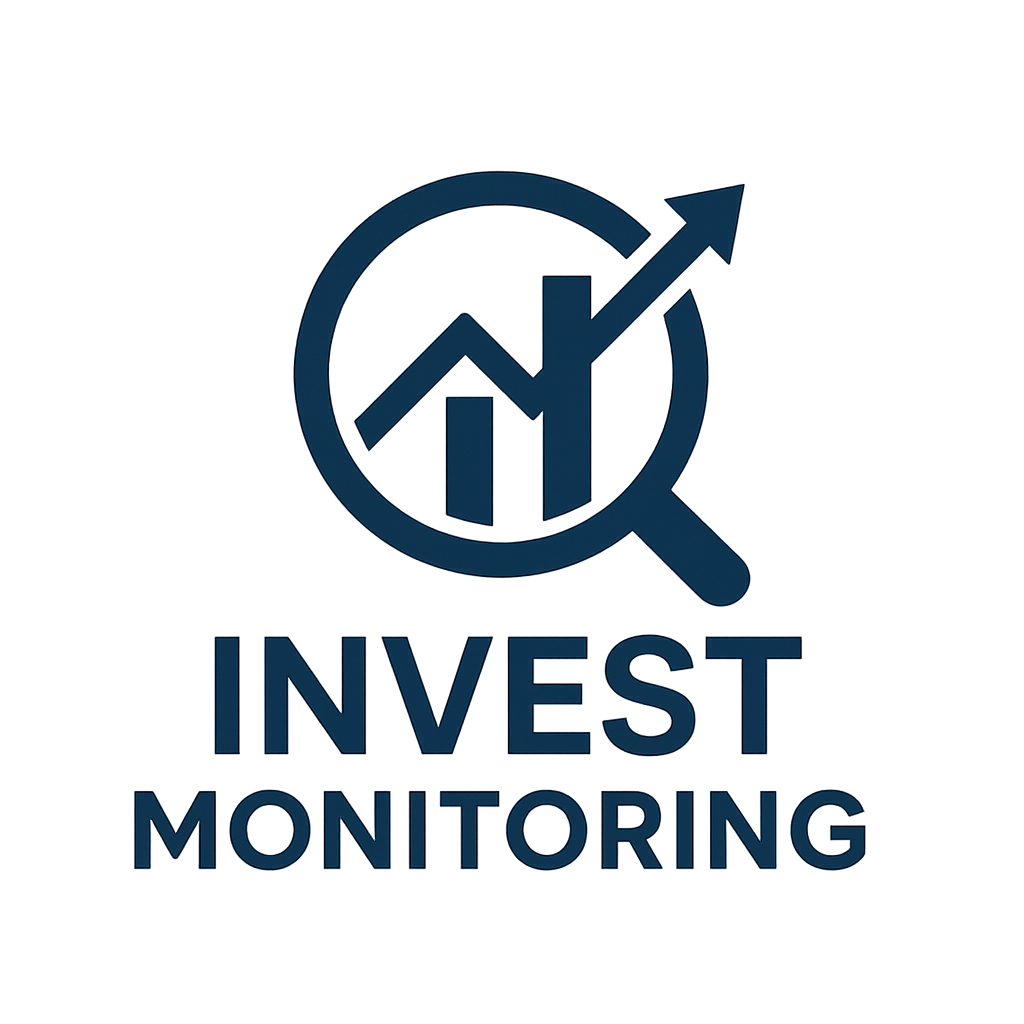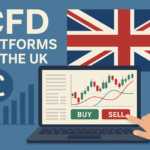Unfortunately, it’s very common to make decisions in the heat of the moment when it comes to our finances. This is partly understandable when money is tight and losing it costs us even more. Various biases and psychological factors, such as overconfidence, fear of loss, and the tendency to follow the crowd, can lead you to decisions that ultimately sabotage your goals.
This is even more true today, with a market that brings back vivid memories of the pandemic, the highest inflation in decades, simultaneous turbulence in stock and bond markets, and fears of recession. These events have significantly affected investor behavior, and the results are not always positive. Therefore, it’s important to know these common mistakes that investors make, so we can be better prepared to avoid them.
Lack of Composure in Falling Markets
Volatility and risk are a natural part of investing and should therefore be calculated as such: Since 1980, the S&P 500 has shown intra-year declines averaging around -15%.
In 16 of the 44 years, the index had even larger losses. Nevertheless, despite the declines, in 75% of cases (or in 33 of those years), annual returns were positive.
The advice to “do nothing” when things get tough may sound cliché, but the data shows that it works in the long term. Also, diversifying your portfolio by adding bonds can help reduce stock volatility and make the journey smoother.
Investing Without Full Understanding
One of the world’s most successful investors, Warren Buffett, warns against investing in companies whose business model you don’t understand. The best way to avoid this is to create a diversified portfolio of ETFs or mutual funds. If you choose to invest in individual stocks, make sure you understand each company that these stocks represent well before investing.
Investing Without Emergency Savings
Before you start investing, it’s important to have money set aside to cover any emergencies or unexpected expenses, such as if a household appliance breaks down or you need to repair your car. Ideally, you should aim to have an amount in your emergency fund that corresponds to three to six months’ salary. It’s very important to choose the right type of savings account for your emergency fund. While it’s good to earn interest, you also need to think about how easy it is to access your money.
Fortunately, Greek banks make our lives easier by excluding cooperation with them, as the interest rates they offer on deposits are among the lowest in the Eurozone. In recent years, there are many new types of banks and platforms that offer relatively good interest rates without tying up your money.
Not Considering Inflation
When thinking about your returns, it’s important to consider the impact of inflation – that is, the rate at which the prices of goods and services increase over time. For example, let’s say you have 100 euros and next year inflation is 10%. You’ll need 110 euros to buy the same things you bought with 100 euros a year ago. This means your original 100 euros have lost 10% of their value. Similarly, if the return you get from your investments is less than inflation, then the “real” value of your money decreases.
Not Diversifying Your Investments
When creating an ETF or mutual fund portfolio, it’s important to allocate your exposure across all major sectors. If you’re building a stock portfolio, make sure to include all important sectors. A general rule is not to allocate more than 5% to 10% to any single investment.
Trying to Time the Market
In an ideal world, investors would always buy low and sell high, maximizing their returns and avoiding regret. You might believe you can time the market better than the average investor, and you might be right. But consider the risks.
Consider that if an investor missed the 10 best days in the markets over the past 20 years, the final value of their portfolio would be reduced by more than half. And if this seems unlikely to you, consider that 7 of these best days occurred within 15 days of the 10 worst days. An investor who exited the market during those worst days might not have been willing to re-enter so quickly.
The conclusion? Market timing is much harder than it seems, and the consequences of a mistake can be very serious.
Looking at Your Investments Too Much
Regular review of your investments is essential to ensure you’re on the right track to achieve your financial goals. Ideally, you should check your portfolio once or twice a year. However, it’s important not to review it too frequently, as this can confuse you about the actual performance of your investments.
For example, certain assets, such as stocks, show frequent fluctuations, causing their value to rise or fall during the day. By monitoring your investments over a longer time period, you can get a more accurate picture of their performance and decide if adjustments are needed.
Chasing News Instead of Following a Plan
In 2021, the “meme stock” craze made millionaires overnight. Fear of missing out led many investors to throw their money into stocks like GameStop, which skyrocketed suddenly, and many of them ended up losing money when the stocks collapsed within a few weeks. More recently, several investors feared recession in 2023 and kept their money in cash. Those who did so missed the big gains in global markets, as the MSCI World index rose +24% during the year.
Whether it’s enthusiasm or panic, people tend to get caught up in short-term trends that lead to emotional decisions, derailing their long-term goals. Making a plan is easy, but the hard part is sticking to it. By recognizing our tendency to chase headlines, we can avoid this mistake.
History has shown that investing in a diversified portfolio, aligned with your time horizon and risk tolerance, and sticking to it, usually yields long-term gains, regardless of the “risk of the day.” There will always be events and risks that might convince you to exit the market and stay out. But the investor who remains in the market, even in difficult times, is the one who ultimately enjoys the benefits.
Taking Unnecessary Risks
When you think about your money, what does “risk” mean to you? You might think of geopolitical crises, bankruptcies, supply chain problems, or asset bubbles and the mass sell-offs they can cause. But do you also think of risks like running out of money, losing your purchasing power due to inflation, or not having enough liquidity to cover an emergency?
Every decision about allocating your assets comes with trade-offs. For example, cash might offer safety in market downturns, but over the past 30 years it has provided virtually no inflation-adjusted returns. On the other hand, stocks, while historically offering significant capital appreciation over long time horizons, are quite volatile and might not be the best choice for money you’ll need soon.
That’s why comprehensive financial planning is important. By dividing your wealth into categories with specific goals, from daily needs to long-term objectives, you can make better decisions about the risk trade-offs you’re willing to take to achieve your financial goals.
Not Learning from Your Mistakes
Some of your investment decisions will be more successful than others. However, both good and bad decisions are equally important for understanding which strategies work better. While it’s good to recognize your investment successes, it’s equally important to review decisions that didn’t go as you wanted. Take time to understand your mistakes, as this helps you improve your future choices and avoid repeating them.
Conclusion
Common investment mistakes include inadequate research, reacting based on emotions, lack of portfolio diversification, absence of clear investment goals, inability to understand your risk tolerance, focusing only on short-term returns, and ignoring fees and costs.









